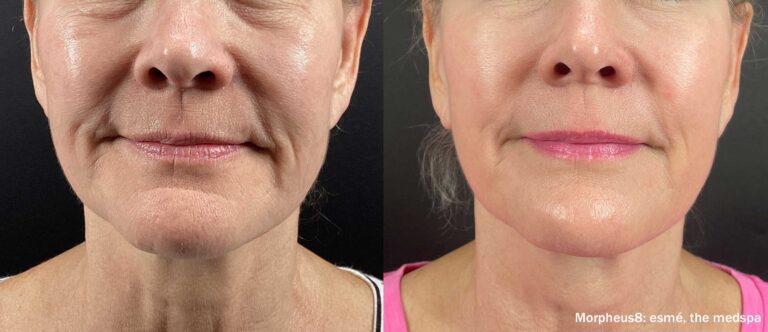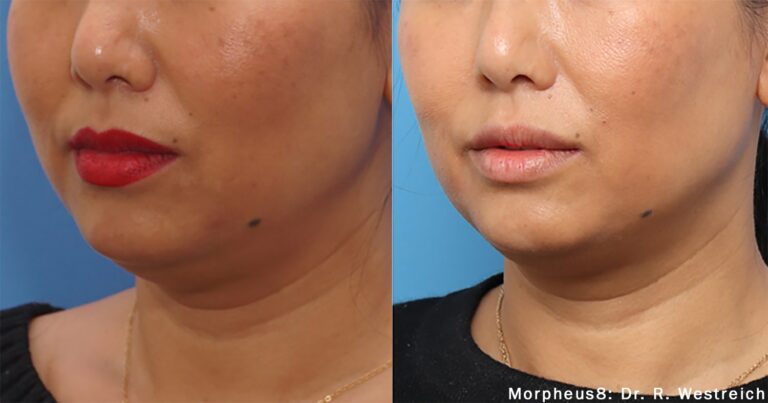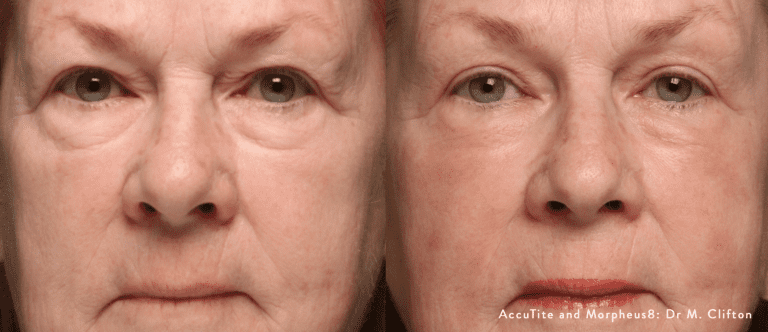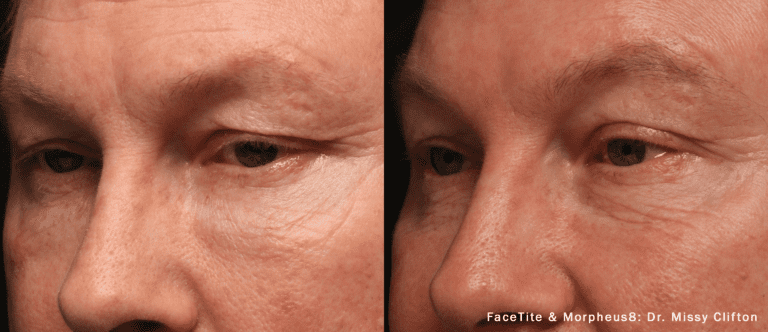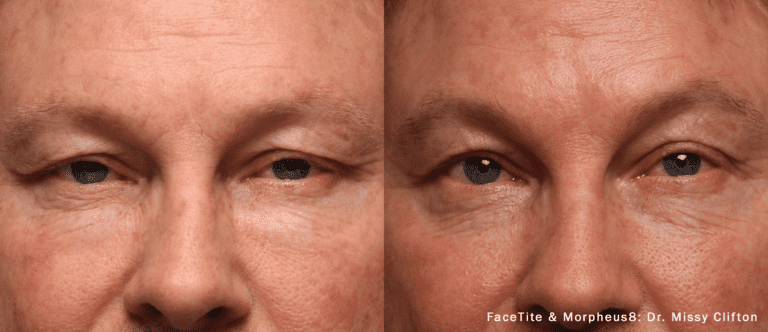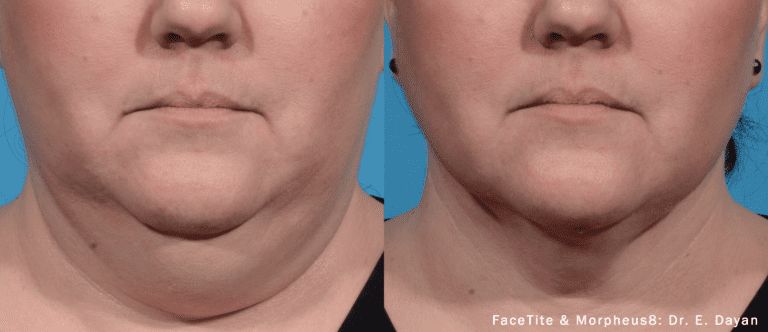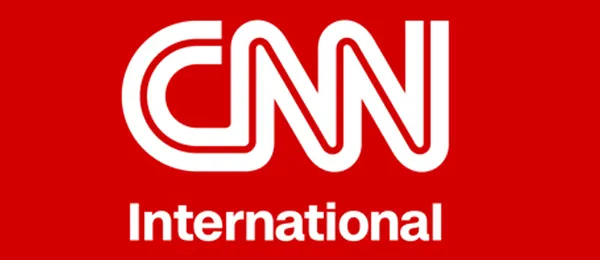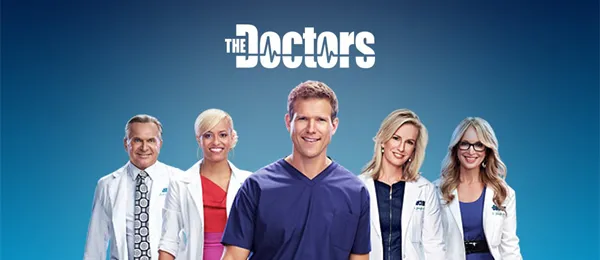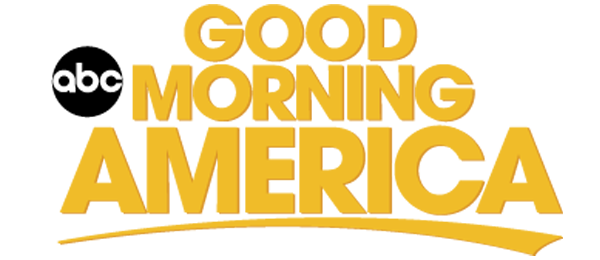Fat Transfer
Grossman Plastic Surgery
Rejuvenate and reshape your body with Fat Transfer. Experience natural-looking results and improved contours.
Fat Transfer
Revitalize Your Vision and Appearance
We are delighted to offer Fat Transfer, a cutting-edge procedure that harmonizes rejuvenation with natural aesthetics. Fat Transfer, also known as fat grafting or lipofilling, is a minimally invasive technique that enhances and sculpts your body by relocating your own fat. This personalized approach not only accentuates your natural contours but also improves volume in areas that may have lost their fullness due to aging or weight changes. Our dedicated team ensures a seamless experience from consultation to recovery, guiding you towards achieving your desired silhouette.
Cosmetic Surgical Procedure
Who Should Consider Fat Transfer?
Ideal candidates for Fat Transfer are individuals seeking a natural approach to volume enhancement and body contouring. Suitable candidates are generally in good health, non-smokers, and have realistic expectations about the outcomes. It’s crucial for patients to have sufficient fat reserves for harvesting, making this procedure a perfect fit for those with areas of excess fat that have been resistant to diet and exercise. Additionally, individuals looking for alternatives to synthetic fillers or implants, desiring a more natural augmentation in areas like the face, breasts, or buttocks, may find Fat Transfer an excellent option. A consultation with our medical experts will help determine your suitability for this life-enhancing procedure.
What to Expect When Getting Fat Transfer
The journey to a revitalized appearance with Fat Transfer begins with a thorough consultation, where your aesthetic goals are discussed and a tailored treatment plan is devised. The procedure is typically performed under local or general anesthesia, depending on the extent of fat removal and transfer. Fat is harvested from designated areas through liposuction, purified, and then carefully injected into the target sites to achieve the desired volume and contour. The process can take several hours, depending on the areas treated. Post-procedure, patients might experience swelling and bruising, with recovery instructions tailored to optimize healing and results.
Preparing for your procedure
Preparing for your Fat Transfer procedure involves several key steps to ensure the best possible outcomes. Prior to the procedure, you’ll be advised to maintain a stable weight, as significant fluctuations can affect the results. Avoiding medications that can increase bleeding, such as aspirin or certain anti-inflammatory drugs, is crucial. We recommend a healthy lifestyle, including a balanced diet and proper hydration, to enhance your body’s readiness for surgery and recovery. A pre-operative appointment will be scheduled to review your medical history, discuss the procedure in detail, and address any questions, setting the stage for a smooth and successful experience.
Fat Transfer Surgery Recovery
Recovery from Fat Transfer is generally swift, with most patients resuming light activities within a few days. The treated areas may exhibit swelling and bruising, which diminish over the following weeks. It’s important to follow specific aftercare instructions, such as wearing compression garments if required and avoiding direct pressure on the augmented areas to ensure optimal fat graft survival. Follow-up appointments will be scheduled to monitor your healing process and assess the results. While some results are immediate, the final, more refined outcomes will become apparent as the body heals and adapts to the new contours over several months.
Fat Transfer Surgical Procedure
Pain Management, What To Expect?
Pain management post-Fat Transfer is a key component of the recovery process. Patients typically experience mild to moderate discomfort, which can be effectively managed with prescribed or over-the-counter pain medication. The sensation is often described as soreness similar to the feeling after an intense workout. Our team at Grossman Plastic Surgery is committed to ensuring your comfort throughout the recovery phase, providing detailed guidance on pain management strategies, including medication, cold compresses, and rest, to alleviate discomfort and facilitate a smoother recovery.
Fat Transfer
Ideal Results
The expected results of Fat Transfer are subtle yet impactful enhancements that harmonize with your body’s natural contours. As the transferred fat integrates with the surrounding tissues, it adds volume and shape to the targeted areas, promoting a more youthful and proportionate appearance. The outcomes are designed to be long-lasting, with many patients enjoying the benefits for several years. However, it’s important to maintain a stable weight and healthy lifestyle to preserve the results. The natural-looking and feeling results set Fat Transfer apart, offering an appealing alternative to synthetic implants and fillers.
Dr. Peter H. Grossman
Consultation
Experience the pinnacle of personalized care at Grossman Plastic Surgery. Our dedicated team of experts is committed to guiding you through every step of your journey towards enhanced well-being. By scheduling a consultation, you'll receive tailored advice and insights from top specialists in the field. Discover how our cutting-edge techniques and compassionate approach can help you achieve your health and aesthetic goals. Begin your transformation today – your journey to excellence starts here.

Best Cosmetic Plastic Surgeon in San Fernando Valley
Dr. Peter H. Grossman
Dr. Peter Grossman was the former President of the Los Angeles Society of Plastic Surgeons, and is a board-certified plastic surgeon whose private medical practice is divided between cosmetic and reconstructive surgery in West Hills, California.
The diverse nature of Grossman Plastic Surgery and Dr. Grossman’s vast experience make him one of the most sought-after surgeons in Southern California. The decision to have plastic surgery can be life-changing and having confidence in your surgeon and their staff is extremely important. Dr. Grossman has been a reconstructive surgeon for more than 20 years.
As Seen On
We look forward to connecting with you.
Additional FAQs
Who is Not an Ideal Candidate for Fat Transfer?
What are the Benefits of Fat Transfer Surgery?
Fat transfer offers patients several benefits. These include the following:
- Filling out the shape of one’s face
- Amplifying the buttocks
- Breast augmentation
- Fill hollowed contours of the breasts after a mastectomy
- Tone and slim donor areas
- Offers a more natural look than most implants
- Little downtime / fast recovery
- East to combine with other treatments such as liposuction
- Permanent results / long-lasting results
- The body tolerates it far better than alternative procedures
- Little / no anesthesia
If you are considering fat transfer, your candidacy will prove to be a better fit if you are in good physical and mental health and have realistic expectations. These expectations will be set when you have a consultation with Dr. Peter Grossman in a manner of full transparency with clear expectations set.
What to Expect After a Fat Transfer Procedure
What are the Risks of Fat Transfer?
Why is Fat Transfer Considered to Be So Safe?
During the harvesting process excess fat is removed from the body using a gentle form of liposuction. Usually, fat cells are taken from the abdomen, buttocks, thighs, or jowls. Once the fat is removed it goes through a purification process that eliminates oils and blood while safely preparing the fat for transplanting. Finally, the fat cells are then placed into the target areas. Great skill is required to do this, as the injected fat must have continuous blood supply. These three stages are not only absolutely necessary to perform fat transfer, but they also aid in making this procedure one of the safest cosmetic surgeries.


